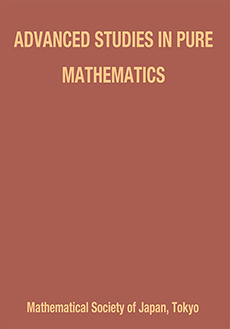Abstract
Let $\pi$ be a pro-$\ell$ completion of a free group, and let $\pi = [\pi]_1 \supset [\pi]_2 \supset [\pi]_3 \supset \ldots$ denote the lower central series of $\pi$. Let $G$ be a profinite group acting continuously on $\pi$. First suppose that the action is given by a character. Then the boundary maps $\delta_n: H^1 (G,\pi/[\pi]_n)\to H^2 (G, [\pi]_n/[\pi]_{n+1})$ are Massey products. When the action is more general, we partially compute these boundary maps. Via obstructions of Jordan Ellenberg, this implies that $\pi_1$ sections of $\mathbb{P}^1_k - \{0,1,\infty\}$ satisfy the condition that associated $n^{th}$ order Massey products in Galois cohomology vanish. For the $\pi_1$ sections coming from rational points, these conditions imply that $$\langle x^{-1},\ldots,x^{-1},(1-x)^{-1},x^{-1},\ldots,x^{-1}\rangle = 0$$ where $x$ in $H^1 (\mathrm{Gal}(\overline{k}/k), \mathbb{Z}_\ell(\chi))$ is the image of an element of $k^*$ under the Kummer map. For the $\pi_1$ sections coming from rational tangent vectors at infinity, these conditions imply that $$\langle x^{-1},\ldots,x^{-1},(-x)^{-1},x^{-1},\ldots,x^{-1}\rangle = 0.$$
Information
Digital Object Identifier: 10.2969/aspm/06310579


